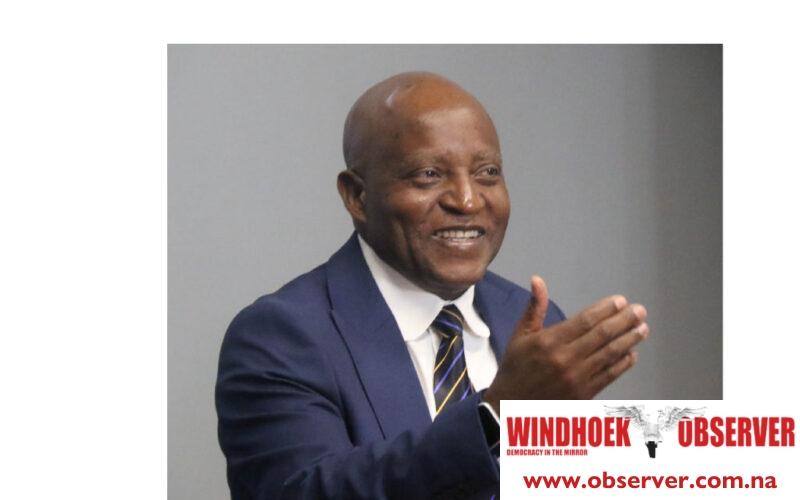Niël Terblanché
Prime Minister Elijah Ngurare has called on staff members in his office to reflect deeply on their role as public servants and recommit themselves to efficient service delivery.
Speaking during a staff engagement in Windhoek on Monday, Ngurare described the Office of the Prime Minister (OPM) personnel as the most valuable asset in the country’s administrative machinery.
“It has been three weeks since I was appointed Prime Minister, and I have been looking forward to this opportunity to engage with you. You, the staff members of this office, are the most valuable assets in our asset register. Without you, this office cannot function, and I cannot succeed in my mandate,” he said.
Ngurare urged public servants to adopt a mindset of transformation in response to the country’s growing demand for better services.
“We need to shift our mindset from one of complacency and stagnation to one of transformation. This is necessary, because we cannot continue doing the same things in the same manner and expect different results,” he said.
He referenced President Netumbo Nandi-Ndaitwah’s “business unusual” policy and stressed that the SWAPO Party Manifesto for 2025–2030 must guide all public sector efforts.
“The Manifesto must be implemented by all of us as public servants and political office bearers,” he said.
Ngurare added that these commitments were being translated into strategic and annual plans as well as individual performance agreements.
He also reminded staff that the service exists to promote the welfare and lawful interests of the nation and called for a culture of leadership by example.
“If we get it wrong, others will lose confidence and trust in the system, and our public service will be ineffective and defunct,” he said.
He also spoke about the need to modernise and streamline service delivery through digital platforms and automation to meet the growing needs of a rising population.
“It remains our responsibility to make sure that all needed services reach them,” he said.
Supervisors were instructed to review staff performance regularly and provide training and development opportunities.
“Progress reports must be reviewed, feedback must be continuous, and shortcomings must be addressed both through support and accountability,” he said.
Turning to emergency response and disaster management, he urged staff to ensure timely and ethical handling of aid distribution.
“There should be no trace of any dishonourable, corrupt or unethical behaviour. Namibians must all be given an equal chance to participate in the process of supplying goods and services,” he said.
He added that certain departments within the OPM are no more important than the others.
“Let’s cultivate a sound working relationship between directorates as well as between individual staff members,” he said.
Ngurare urged OPM staff to do introspection.
“Ask yourself why you are a public servant. Once you find that answer, it will direct your steps towards what you should do,” he said.




